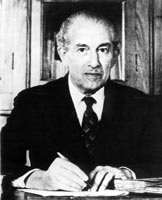
Jean Filliozat was a French writer. He studied medicine and was a physician between 1930 and 1947. He learned Sanskrit, Pali, Tibetan and Tamil. He wrote some important works on the history of Indian medicine. He taught at Collège de France from 1952 to 1978.

Titus Burckhardt was a Swiss writer and a leading member of the Perennialist or Traditionalist School. He was the author of numerous works on metaphysics, cosmology, anthropology, esoterism, alchemy, Sufism, symbolism and sacred art.

Jean-Pierre Falret was a French psychiatrist. He was born and died in Marcilhac-sur-Célé.

Antoine Louis was an 18th-century French surgeon and physiologist.
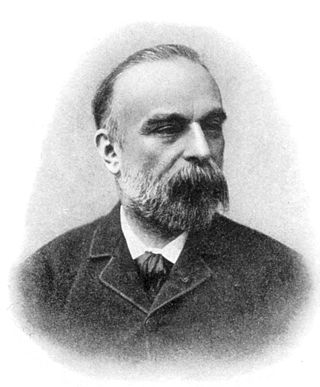
Paul Camille Hippolyte Brouardel was a French pathologist, hygienist, and member of the Académie Nationale de Médecine.
Étienne-Jean Georget was a French psychiatrist. He is known for writing on monomania. He is also the pioneer of forensic psychiatry, and was the first psychiatrist to discuss the defence of insanity to criminal charges.

Jules Séglas was a French psychiatrist who practiced medicine at the Bicêtre and Salpêtrière Hospitals in Paris.
Pierre Tal-Coat was a French artist considered to be one of the founders of Tachisme.
Henri Marie Jean Louis Ey was a French neurologist, psychiatrist, psychoanalyst and philosopher.

Marc Alyn, is a French poet.
Martin Winckler is a French M.D. and short story, novel and essay writer. His main topics are the French medical system, the relationships between caregivers and patients and Women's Health. One of the first TV series critics in France, he has written numerous articles and books on the subject.
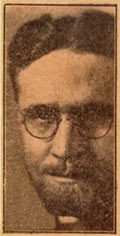
Charles-Auguste Bontemps was a French individualist anarchist, pacifist, freethinker and naturist activist and writer.
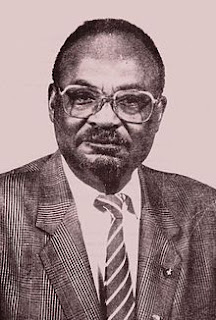
Mawupé Valentin Vovor was a Togolese medical doctor, academic figure and politician. He was born in Kpalime in 1923 and died in Paris in 1992. Vovor studied Biology and Medicine in Montpellier and Dijon (France). He served as professor of Medicine of the French universities (1965), and was the first sub-Saharan African member of the French Academy of Surgery (1973). Vovor created and contributed to the creation of number of schools of medicine across francophone sub-Saharan Africa. He taught Surgery and Gynecology in Benin, Cameroon, Congo, Central African Republic, Senegal and Togo.

Jean Antoine Ernest Troisier was a French doctor and biologist who headed a laboratory of the Pasteur Institute for several years. He was recognized as an authority on tuberculosis and cancer.

Pierre-Jean Fabre was a French doctor and alchemist. Born in Castelnaudary, France in 1588, he studied medicine in Montpellier, France. He became a practitioner of the iatrochemical medicine of Paracelsus. Beginning in 1610 he practiced medicine in Castelnaudary. He became famous as a specialist in the plague which was particularly severe in central Europe during the Thirty Years' War. Fabre prescribed chemical medications for the treatment of the plague and was at one time the private physician of King Louis XIII of France.

Karapet Sarkisovich Agadzhanian was a Russian-Armenian psychiatrist, neurologist and neuroanatomist.
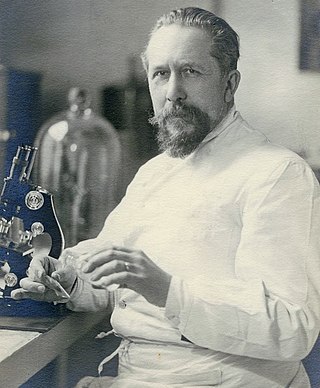
Paul-Marie Maxime Laignel-Lavastine, born in Évreux, France on September 12, 1875, from a family originally from Elbeuf, France, and died in Paris on September 5, 1953, was a French psychiatrist.

Charles Louis Xavier Arnozan was a French physician, professor of therapeutics then of medical clinic at the Faculty of Medicine of Bordeaux, member of the Académie Nationale de Médecine, deputy mayor of Bordeaux in charge of hygiene.

Marcel Claude Bessis was a French physician known for research on blood cells.
Danièle Brun was a French academic and psychologist. She was a member of the Espace analytique.














